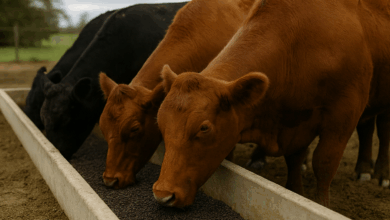
Biochar, a carbon-rich material produced through the pyrolysis of organic biomass, has garnered significant attention for its potential to enhance soil fertility, sequester carbon, and contribute to sustainable agricultural practices. Recognizing these benefits, governments worldwide have begun implementing policies to promote biochar production and application. This article reviews recent policy developments supporting biochar initiatives
United States: Legislative Initiatives and Research Support
In the United States, bipartisan efforts have led to the introduction of the Biochar Research Network Act in Congress. This legislation aims to establish a coordinated, multi-site research program through the USDA Agricultural Research Service to evaluate various biochar types across different soil conditions nationwide. The research focuses on biochar’s effects on carbon sequestration, greenhouse gas emissions, and soil health. The Act has garnered support from both Republican and Democratic lawmakers, highlighting its broad appeal.
Additionally, discussions are underway to amend the 45Q tax credit to include biochar, providing financial incentives for carbon sequestration efforts. If enacted, this amendment would offer $130 per ton of CO₂ removed from the atmosphere, translating to approximately $260 per ton of biochar, thereby encouraging investment in biochar production.
India: Integrating Biochar into Sustainable Agriculture
India has incorporated biochar into its National Mission on Sustainable Agriculture as a strategy to improve soil fertility. This policy promotes the use of biochar to enhance soil health, increase agricultural productivity, and support sustainable farming practices. By integrating biochar into national agricultural policies, India aims to address soil degradation and promote environmental sustainability.
California: Market Development and Biomass Utilization
California’s policy landscape has been conducive to the development of biochar markets, particularly due to the availability of large forest biomass resources. State initiatives focus on utilizing low-value biomass for biochar production, thereby supporting renewable energy goals and enhancing soil health in agricultural sectors. These policies aim to create a sustainable market for biochar, addressing both environmental and economic objectives.
New Mexico: Forest Management and Rural Development
The 2020 New Mexico Forest Action Plan promotes the use of biochar as a means to support rural economic development through the creation of forest-based jobs and sustainable land management practices. By encouraging biochar production, the state aims to reduce wildfire risks, improve soil health, and stimulate local economies.
Conclusion
Government policies play a pivotal role in advancing biochar initiatives by providing research support, financial incentives, and market development strategies. These policy developments not only promote environmental sustainability through carbon sequestration and soil health improvement but also offer economic benefits by creating jobs and supporting rural development. As more governments recognize the multifaceted advantages of biochar, it is likely that supportive policies will continue to expand globally.
Sources:



